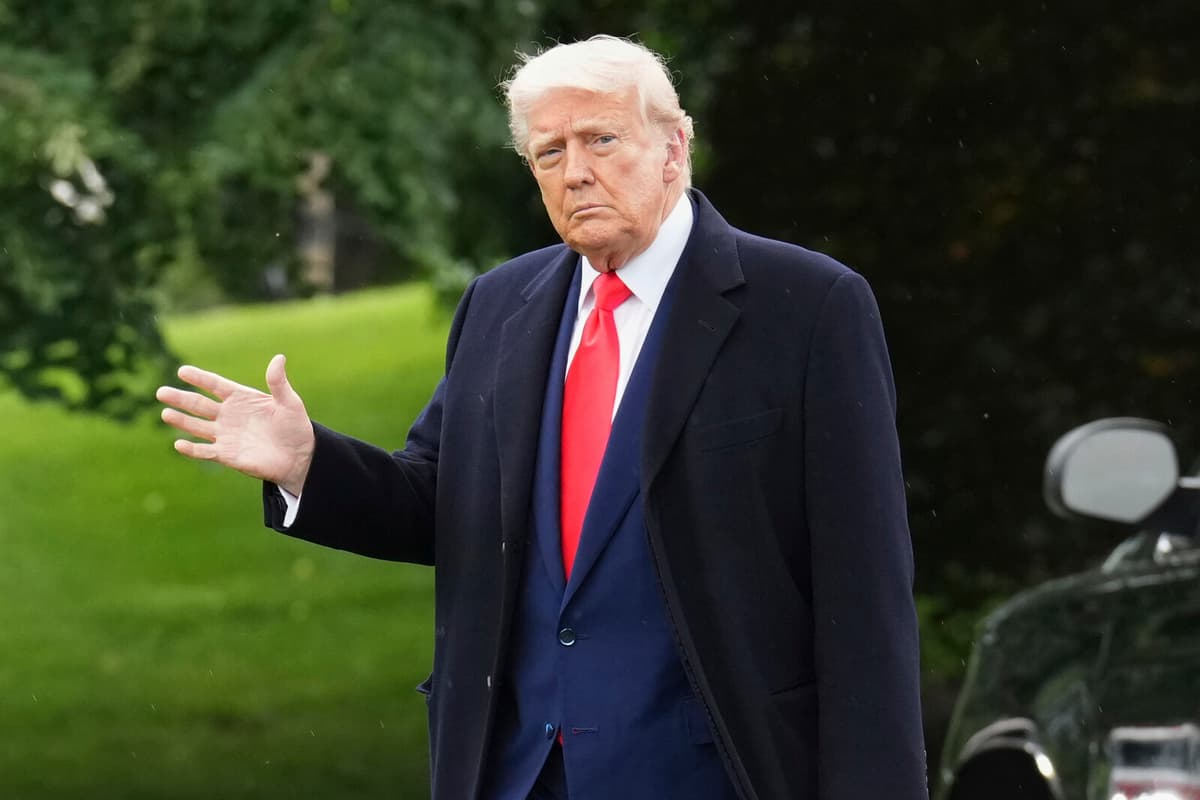Trump threatened earlier on Friday to impose percent tariffs on goods from the EU as of June 1, which affected both stock markets and exchange rates. He cited as a motive that the discussions with the EU had led nowhere.
Later in the day, Trump responded to questions in the Oval Office at the White House. He then said that he "does not seek an agreement" with the EU on the issue of trade tariffs.
The EU's trade commissioner says, however, that the EU Commission still wants to cooperate with the USA in a spirit of good faith.
But, he continues, trade between the EU and the USA must be built on mutual respect, not threats. We stand ready to defend our interests," writes Maros Sefcovic.
"Should be seen as a threat"
Elisabet Kopelman, US economist at the major bank SEB, believes that Trump's statement on tariffs should primarily be seen as a threat.
It's a sign that things are not going well with the negotiations. They (the USA and the EU) are not on the same playing field. It's probably a way for him to put pressure on the EU," she says.
Kopelman believes that despite everything, it is possible that the 50 percent tariffs can become a reality.
In a few days, perhaps, considering Trump's previous history. Then the question is what the EU responds to. Maybe they have learned from China that it can pay off to escalate.
Advertisement
Damp blanket
Swedbank's chief economist Mattias Persson also sees the statement as an escalation from his side, but he emphasizes that the final word has not been said yet.
Tariffs are bad, but the uncertainty is even worse. The very damp blanket is once again being laid on the development ahead," he said.
The uncertainty also caused the US and European stock exchanges, including the one, to turn downward after his statement.
Trump accuses the EU of "trade barriers, VAT rates, ridiculous corporate fines, non-monetary trade barriers, currency manipulation, and unfair and unmotivated lawsuits against American companies". In an interview with Fox News, the US Finance Minister Scott Bessent said that Trump is among other things frustrated over the pace of the negotiations with the EU.
AdvertisementThe Trump administration introduced on April 2 20 percent tariffs on all goods from the EU, but halved them to 10 percent in 90 days to give room for negotiations.






